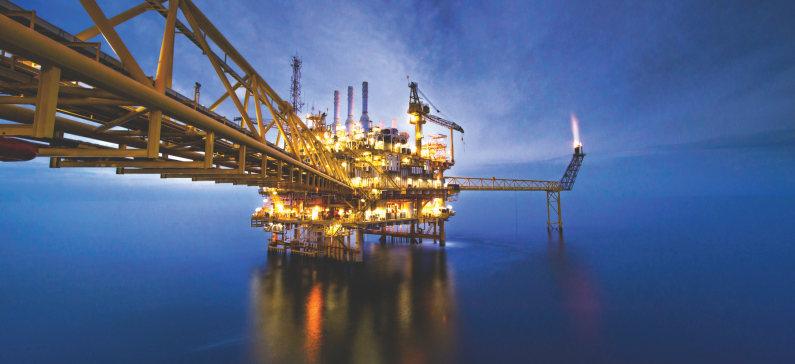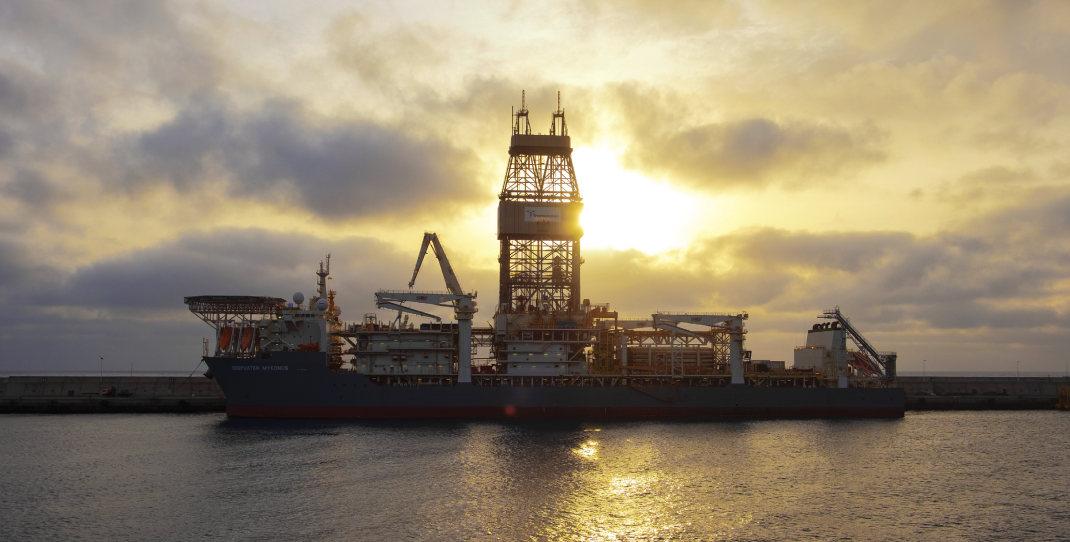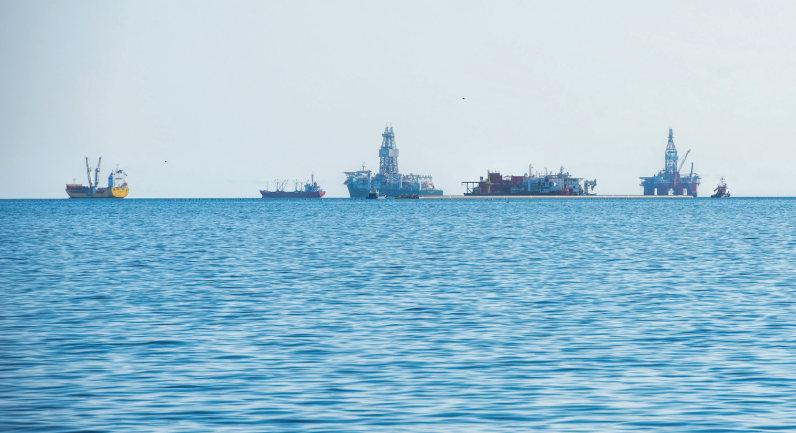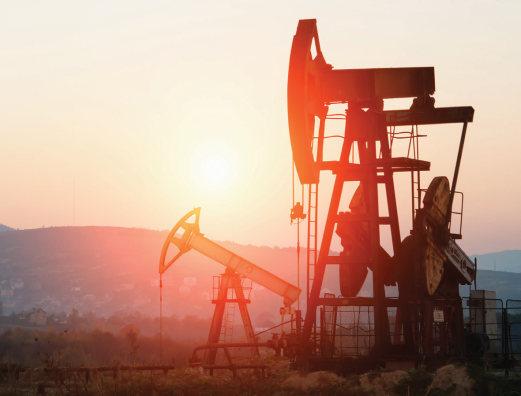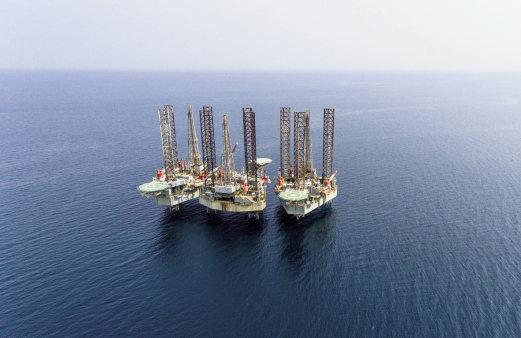S03 ORA 5 2020 Southern Africa report_ORA Master Template - 2016 New 21/10/2020 14:17 Page 13
G EOG RAPH ICAL FOCUS
ISSUE 5 2020 • WWW.OILREVIEWAFRICA.COM
2020 – THE YEAR OF GAS
FOR NIGERIA Being especially sensitive to oil market trends, the oil price crash has reduced Nigeria’s external buffers as international reserves are relatively low. However, Nigeria’s natural gas sector shows great potential for creating new investment opportunities. Deblina Roy and Moin Siddiqi report. IGERIA, LIKE MOST hydrocarbon revenuedependent countries, is facing the heat of the many-pronged challenges due to the global pandemic and the subsequent massive fall in global demand. The oil price slump has slashed Nigeria’s general government revenue from an already low 8% of GDP in 2019 to a projected 5.3% in 2020, one of the lowest in the world. The oil price crash has reduced external buffers as international reserves are relatively low, the exchange rate lacks flexibility and all major sources of private capital flows are volatile. The IMF in April 2020 approved US$3.4bn in emergency financial assistance to tackle the severe economic fallout of COVID-19 and the oil price slump. However, even in this oncein-a-generation test for the oil and gas industry, Nigeria’s natural gas sector shows great potential for creating new investment opportunities, particularly due to ongoing power sector reforms and a stable gas export to the international market even during the COVID19. This is why Nigeria’s Minister of State for Petroleum Resources Timipre Sylva has declared 2020 as the year of gas for the nation, uncovering a promising area for investment.
Image Credit: Jan/Adobe Stock
N
the coming months, this code together with related interventions, would enable improved gas supply to power, growth of gas-based industries, domestic LNG, LPG and CNG penetration, as well as enhance revenue to the government and create investment opportunities for our people.”
Gas projects
The federal government has adopted many initiatives to position itself as a major gas hub.
Stable gas exports during the pandemic
Positioning Nigeria as a regional gas hub
According to the Department of Petroleum Resources (DPR), Nigeria holds more than 200 tcf of recoverable reserves – the largest on the continent – and produces 1.2 bcf per day. Nearly half of its production is exported, and Nigeria ranks as the fifth largest liquefied natural gas (LNG) exporter globally. Therefore, the federal government has adopted many initiatives to position the country as a major international player in the international gas market. These include the Nigerian Gas Master Plan, the Nigerian Gas Flare Commercialization Programme (NGFCP), the Nigerian Gas Transportation Network Code (NGTNC) and the National Gas Expansion Programme (NGEP), among others.
The Nigeria Gas Transportation Network Code is expected to deepen the growth of gas market in the country. Mr Sylva disclosed this at the virtual launch of The Go-Live of the Nigerian Gas Transportation Network code in August 2020. The minister said that following the declaration of 2020 as a year of gas, President Muhammadu Buhari’s administration was driving major policy and regulatory initiatives to enhance gas reserves growth and support domestic and export project, thus helping the sector achieve the presidential mandate of gas penetration, gas-based industrialisation and economic diversification. Sylva is optimistic about the programme’s success. He said, “In
The West African nation’s major gas development projects have demonstrated resilience to external market forces. Saipem, in a joint venture with Daewoo E&C Co Ltd and Chiyoda Corporation (SCD JV), has been awarded by Nigeria LNG (NLNG) Ltd the contracts for the engineering, procurement and construction of the Nigeria LNG Train 7 Project. The project is expected to contribute approximately eight MTPA of LNG capacity, increasing LNG output by 30%. The expected delivery of NLNG Train 7 is by 2024. Other major developments include Seplat Petroleum and NNPC’s US$700mn Assa NorthOhaji South gas project. With a capacity of 300 mcf per day due to come online in 2021, the plant is set to process wet gas from Blocks 21 and 53 located in the Niger Delta. Shell Petroleum Development Company has also signed an agreement to produce an additional 300 mcf per day from the field.
13


